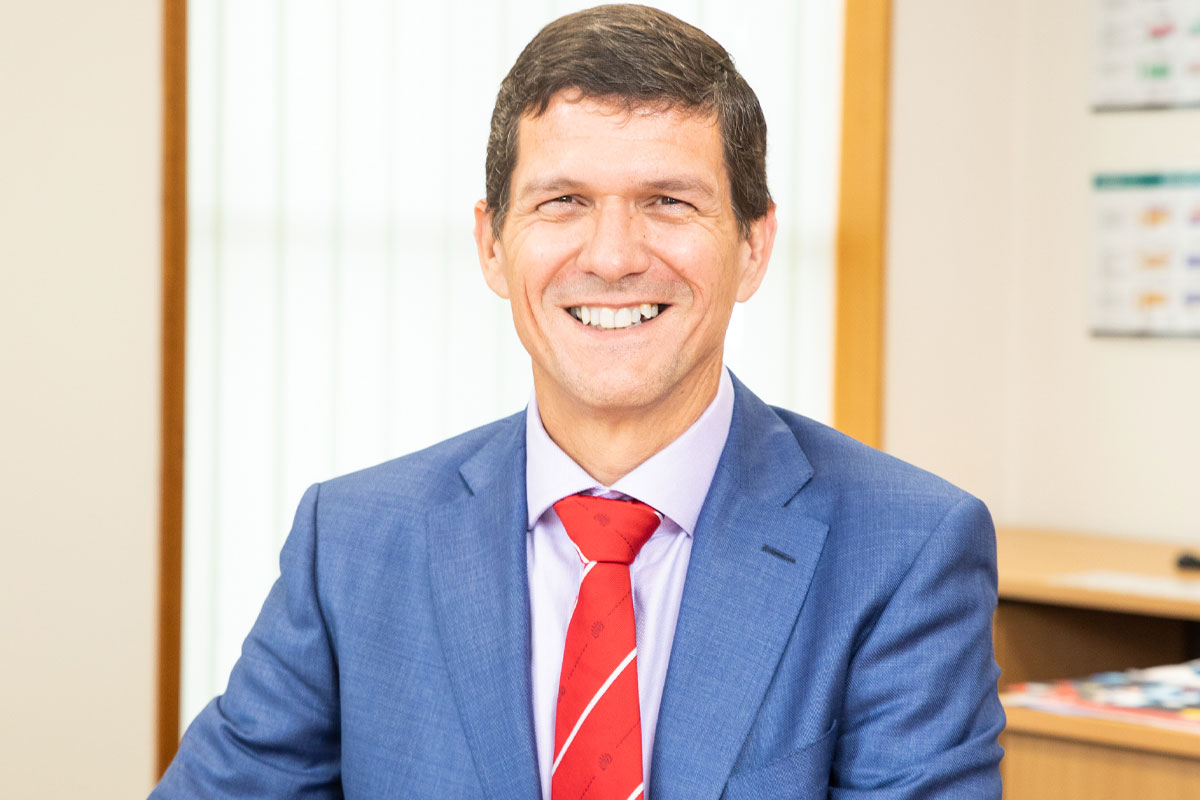Deep Space Exploration with Robots
CSIRO's Cyber-Physical Systems Research Program along with IEEE QLD's Joint Chapter for Control Systems and Robotics and Automation Societies will be hosting Prof. Paulo De Souza from Griffith University for a virtual seminar titled Deep Space Exploration with Robots on Friday 4 February 2022.
Abstract
Deep space exploration happens with Robots, either on other planets, comets, asteroids or other moons. Robots dispatched to deep space are exposed to harsh environments, extensive delay in communication with engineers and scientists back on Earth and have limited power availability to conduct their exploration. Paulo will discuss today some of these constraints and share some insights to what to expect from deep space exploration over the next two decades.
Bio
Professor Paulo de Souza completed his Ph.D. in Natural Sciences (Dr. rer. nat.) at Johannes Gutenberg Universität in Mainz, Germany and his undergraduate and M.Sc (Eng.) studies at UFES in Brazil. His research interests lie in the area of micro-sensing and he explores applications of his instruments across different fields of science and in industry, including mining, space, and ICT. He contributed to the design, production, deployment, and operation of a sensor used by NASA onboard two rovers on Mars.
Paulo is a Fellow of the Australian Computer Society. He serves as editorial board member of several interdisciplinary and ICT journals and is a reviewer of several research funding programs in Australia and abroad. He has extensive international hands-on experience in industrial research, consultancy, government agencies, and academia. Paulo is an experienced postgraduate and early career researcher supervisor. He is co-author of several books and international patents, and of over 200 peer-review publications including several articles in the prestigious journals Science and Nature. He is co-author of a series of articles identified as the “Breakthrough of the Year” by Science Magazine, and received several international awards for his service to science particularly in the ICT sector.
Paulo worked at CSIRO in Tasmania for more than a decade being research manager of several portfolios and left the organisation as Chief Research Scientist.
Paulo is an experienced science communicator having his research covered by major media including CNN, Al Jazeera, Time Magazine, Forbes, The Guardian, and BBC. Paulo is the Head of the School of Information and Communication Technology with Griffith University.
Date and Time
Location
Hosts
Registration
-
 Add Event to Calendar
Add Event to Calendar
Loading virtual attendance info...
- Contact Event Hosts
- Co-sponsored by Robotics and Autonomous Systems Group, CSIRO
Speakers
 Prof. Paulo De Souza of Griffith University
Prof. Paulo De Souza of Griffith University
Deep Space Exploration with Robots by Prof. Paulo De Souza
Deep space exploration happens with Robots, either on other planets, comets, asteroids or other moons. Robots dispatched to deep space are exposed to harsh environments, extensive delay in communication with engineers and scientists back on Earth and have limited power availability to conduct their exploration. Paulo will discuss today some of these constraints and share some insights to what to expect from deep space exploration over the next two decades.
Biography:
Professor Paulo de Souza completed his Ph.D. in Natural Sciences (Dr. rer. nat.) at Johannes Gutenberg Universität in Mainz, Germany and his undergraduate and M.Sc (Eng.) studies at UFES in Brazil. His research interests lie in the area of micro-sensing and he explores applications of his instruments across different fields of science and in industry, including mining, space, and ICT. He contributed to the design, production, deployment, and operation of a sensor used by NASA onboard two rovers on Mars.
Paulo is a Fellow of the Australian Computer Society. He serves as editorial board member of several interdisciplinary and ICT journals and is a reviewer of several research funding programs in Australia and abroad. He has extensive international hands-on experience in industrial research, consultancy, government agencies, and academia. Paulo is an experienced postgraduate and early career researcher supervisor. He is co-author of several books and international patents, and of over 200 peer-review publications including several articles in the prestigious journals Science and Nature. He is co-author of a series of articles identified as the “Breakthrough of the Year” by Science Magazine, and received several international awards for his service to science particularly in the ICT sector.
Paulo worked at CSIRO in Tasmania for more than a decade being research manager of several portfolios and left the organisation as Chief Research Scientist.
Paulo is an experienced science communicator having his research covered by major media including CNN, Al Jazeera, Time Magazine, Forbes, The Guardian, and BBC. Paulo is the Head of the School of Information and Communication Technology with Griffith University

